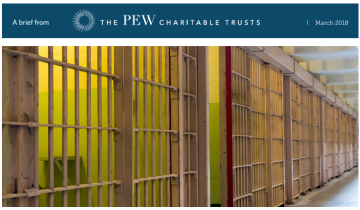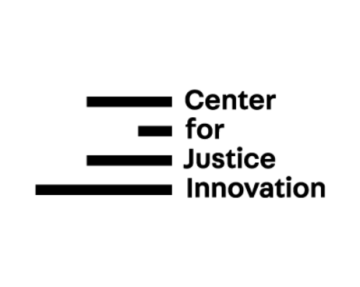
Over recent years, New Hampshire has made progress in recognizing substance use disorder as a chronic medical condition requiring care and support, rather than a criminal issue. Addressing substance misuse requires comprehensive, evidence-based treatment, access to behavioral health care, and supportive community health programs and services. Data shows that mandatory minimum sentencing is not effective in reducing substance use, overdose deaths, or substance-related arrests.1 Rather, these policies lead to higher rates of incarceration, at a higher cost to taxpayers, all while widening racial disparities within our criminal justice system.2 New Hampshire policies should focus on substance use treatment, prevention, and support rather than those that continue the cycle of criminalization and incarceration.
SB 14 and SB 15 propose mandatory minimum sentencing for some fentanyl and other drug-related offenses. Mandatory minimum sentences remove individuals from their communities, restrict access to needed treatment, and weaken our state's efforts to overcome the ongoing addiction crisis.
About the Bills
SB 14, as amended by the Senate, would require a minimum sentence of 3.5 to 7 years for some fentanyl-related offenses (learn more about SB 14). SB 15, as amended by the Senate, would require a minimum sentence of 10 years for the distribution of fentanyl that results in death (learn more about SB 15). These bills would cause further harm to individuals in need of treatment and would undermine the progress New Hampshire has made in increasing access to treatment for substance use disorder.
The Harms of Mandatory Minimum Sentencing
Mandatory minimum sentences don't address the root causes of substance misuse but rather harm families, individuals, and communities. Mandatory minimums:
- Separate families and perpetuate trauma3
- Disproportionately affect marginalized communities and exacerbate cycles of poverty and criminalization4
- Fail to prevent future substance misuse and related arrests1
- Create barriers to treatment and recovery1
- Burden taxpayers with high incarceration costs2
A Better Path Forward
Research shows that every $1 invested in substance use treatment saves $4 in health care costs and $7 in law enforcement and other criminal justice costs.5 Our policies should continue to focus on addressing the root causes of substance misuse and developing effective, compassionate solutions that build resilient communities through evidence-based treatment, prevention programs, and support for all Granite Staters.
Bill Status
SB 14, as amended, passed both the NH Senate and House of Representatives. Since it was amended by the House, it went to a Committee of Conference to work through the differences. The Committee of Conference compromised on a version of the bill. The House and Senate then cast final yes-or-no votes on the bill. While the House adopted the conference committee report by a narrow 185-182 reconsideration vote, the Senate tabled the bill, defeating it for the 2025 session. Thank you to everyone who advocated against this harmful bill and stopped it from advancing to the Governor's desk!
Bill Progress:
January 14: Public Hearing, Senate Judiciary Committee.
January 30: Senate passed SB 14 (15-8) and SB 15 (14-9) with amendments. Both bills crossed over to the House of Representatives.
April 9: Public Hearing, House Criminal Justice and Public Safety Committee.
May 9: Committee retains SB 15.
May 23: Committee votes on a recommendation to pass SB 14 with an amendment that includes language from SB 15 as well as other provisions.
June 5: House passed SB 14 with amendment in a 214-167 vote.
June 18: Committee of Conference compromised on a version of the bill.
June 26: NH House of Representatives adopted the conference report in a 185 (yes) to 182 (no) vote. Senate tabled the bill, defeating it for the 2025 legislation
session.
References:
- The Pew Charitable Trusts (2018, March). More Imprisonment Does Not Reduce State Drug Problems. https://www.pewtrusts.org/en/research-and-analysis/issue-briefs/2018/03/more-imprisonment-does-not-reduce-state-drug-problems
- Butcher, F., Cissner, A. B., Rempel, M. (2022, December). When incarceration is automatic: mandatory minimums and race. Center for Justice Innovation. https://www.innovatingjustice.org/publications/minimums-race
Innovation. https://www.innovatingjustice.org/publications/minimums-race - Wang, L. (2022, August 11). Both sides of the bars: How mass incarceration punishes families. Prison Policy Initiative. https://www.prisonpolicy.org/blog/2022/08/11/parental_incarceration
- Sentencing Reform. American Civil Liberties Union. https://www.aclu.org/issues/smart-justice/sentencing-reform. Accessed January 9, 2025.
- Office of National Drug Control Policy. (2012). Cost benefits of investing early in substance abuse treatment. https://obamawhitehouse.archives.gov/sites/default/files/ondcp/Fact_Sheets/investing_in_treatment_5-23-12.pdf





